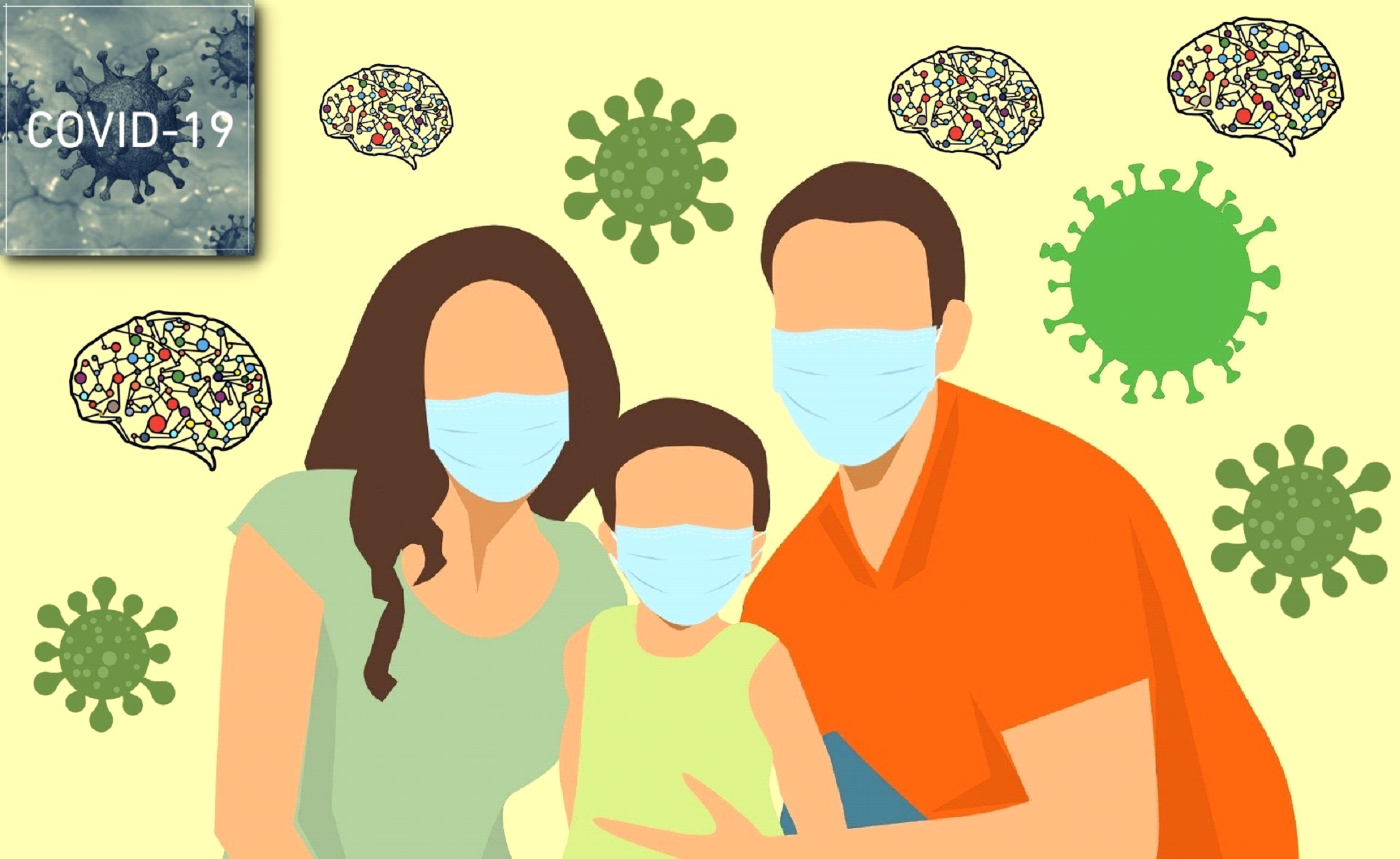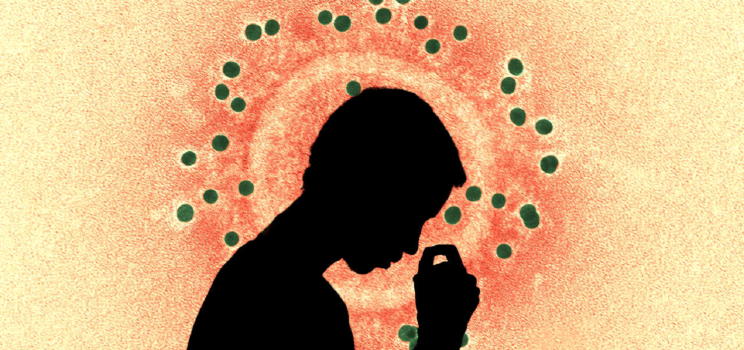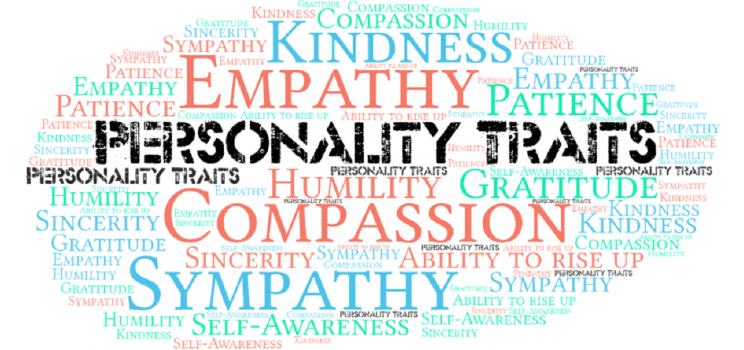Nineteen year old Deepika has just joined a good engineering college in the city. She has been a good student and got to choose her branch of specialization in engineering. She stays in the college hostel. For the past one month, Deepika has been feeling uneasy. She finds it difficult to wake up on time for her classes. Even at class, she is unable to concentrate on what is being taught. She is late in submitting assignments and this causes her a lot of panic. She feels uninterested in activities in college and outside. She has also become short tempered and gets into verbal fights with her family members for trivial reasons. Her family and friends have been noticing these changes, but they think it is just a phase and she will be fine. Soon, her mid-term exams start. Deepika appears for 2 papers with great difficulty, but knows that she has not done well. Before the third paper, she calls up her father and cries incessantly over the phone saying she cannot appear for the exam and wants to quit engineering. Her parents get concerned and immediately travel to meet her. They try consoling her to no avail. They tell her to just give the exams and not worry or bother about the results, but she absolutely refuses. Seeing her state, they consult a psychiatrist. After speaking to Deepika and her parents at length, the psychiatrist comes to the conclusion that she is suffering from depression.
Depression is one of the most common mental disorders and is growing at an alarming rate. It affects people of all ages, however is most common among the ages of 15-40 years. If not treated, it can lead to worsening of symptoms, major disruption in one’s day to day functioning and in severe cases may even lead to death by way of suicide.
However, many people do not know what depression is. Is feeling low the same as being depressed? Read on to know.
Depression is a mood disorder in which a person experiences low mood, loses interest in activities, feels tired easily. There are also disturbances in sleep and appetite. This doesn’t mean that anyone feeling low for a few days is suffering from depression. For someone to be diagnosed with clinical depression, the three signs mentioned above need to be present for most of the time for 2 weeks or longer. If the low mood is a consequence of a life event and subsides in less than two weeks, it is unlikely to be clinical depression.
Other signs may include isolating oneself from family and friends, inability to focus on work or studies, getting irritated easily, not being able to perform routine activities with ease such as getting up on time, taking a bath, getting to college/office on time, wishing for death or thinking about suicide.
When the psychiatrist told her parents that Deepika is suffering from depression, they found it difficult to believe or understand it. After all, no one in their own family had ever had depression. The how could Deepika have it?
The psychiatrist had to explain that after a lot of research, it has been established that there is an inadequacy of a neurotransmitter (chemical) called serotonin in the brain of people with depression. Exactly what leads to this chemical imbalance is not known. However, it is an extremely important finding as correcting this imbalance gives people relief from the symptoms of depression. Genetics also have a role to play. One whose parent/s or sibling/s have depression has a slightly higher chance of getting depressed themselves, but this certainly does not mean that depression is only caused by genetic predisposition.
An important thing to note is that there may be psychological as well as social reasons responsible for causing or triggering an episode of depression. Psychological reasons include set patterns of negative thinking and inability to cope with negative life events. Social factors may include any negative life event such as the loss of a loved one, break up in a relationship, unmanageable stress at work or at home, failure in an examination etc.
To put it in a nutshell, the causes of depression are a mixture of biological, genetic, psychological and social factors.
Deepika reported to the psychiatrist in the presence of her parents that she had started feeling very lonely after about a month of joining the course. She was away from her family for the first time. She had been unable to make too many close friends because everyone was very busy and classes and practicals took up most of their time. She also found it difficult to live in the hostel and hated the food there. Basically, moving out of her hometown and living away from family was a stressful situation for Deepika. She was not used to living by herself. Added to the stress of the new surroundings, the pressure of studies and exams took a toll on her mental health. She used to feel like she was the only one who was unable to adjust and felt like a failure. When asked as to why she did not confide about her feelings into anyone, she said she was worried that her parents might get very concerned about her. She also felt a certain amount of guilt at not being able to give her best to her studies. All these things finally led her to depression.
When should one seek treatment? If you notice yourself having symptoms mentioned above, however, they do not currently interfere with your ability to carry out day to day tasks, and there are no ideas of suicide, you may wait for 1 to 2 weeks before seeing a doctor. However, if the symptoms increase in intensity or are the same after even 1-2 weeks, you must see a doctor immediately. If there has been a past episode of depression, it is advised to see a psychiatrist at the first sign of return of symptoms. In Deepika’s case, she waited long enough to tell her parents and see a psychiatrist for her symptoms to worsen. Now her parents were worried as to what would happen to their daughter and how she would come out of this
Is Help Available? Yes, absolutely. Depression is treatable. There are different modes of treatment. There are medicines that help restore the chemical balance in the brain and provide relief from symptoms. Among psychological forms of treatment, cognitive behavior therapy is highly used. A trained psychologist talks to the affected person, and helps them identify the negative patterns of thinking as well as helps them learn how to cope with difficult life situations. A number of times, both medication and therapy are used together to get best results, at other times, either of the two is used. Which mode of treatment is the best for one should only be decided by a qualified psychiatrist.
The psychiatrist treated Deepika with medications and referred her to a psychologist who started therapy with her. She was taught how to cope with a stressful situation successfully and how to seek support. Her parents were also given more information about depression. Deepika started feeling better in 4-5 weeks. She continued her sessions with her psychologist and in about 2 months, was able to resume college without major difficulties. Her parents were happy with the outcome and thanked God that they sought timely help for their daughter.
What happens if you do not treat depression? Untreated depression may lead to complications like:
Existing symptoms becoming more severe,
Substance abuse
Ideas/attempts of suicide
Depression is becoming more and more prevalent everyday and needs to be treated like any other disorder of the human body. Most people with adequate treatment are able to function normally. It is only a matter of reaching out to family, friends and professionals for support. Don’t let the dark cloud overpower you, fight it!






